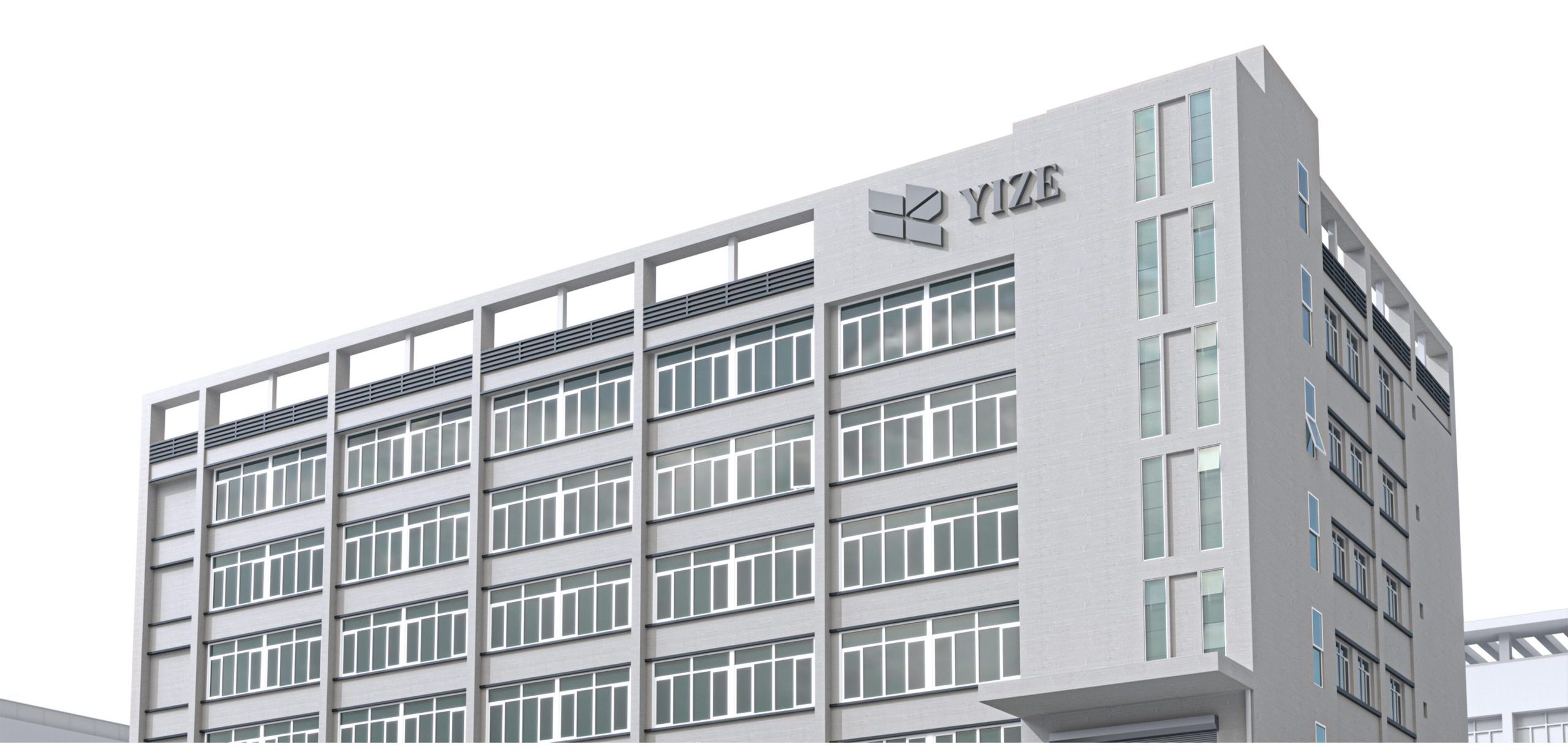Shipping Terms Need to Know for Import from China
China is a major exporter, and many countries have chosen to import goods from China and have long-term cooperative relationships with Chinese businesses. It’s not easy to find alternative suppliers for these goods. So, people who want to buy things from China will still need to know a lot about the rules. Your store can increase profits by importing Chinese goods. It also made it easier to get customized products.

When you ask Chinese suppliers for quotes, they always tell you three things. The item’s cost, the minimum order quantity, and the shipping terms. The shipping terms, also called “incoterms,” usually have only three letters at the end. For example, this is a price we just got: “2000-2.75/pc, 5000-2.50/pc, 10000-2.00/pc, EXW.” The EXW establishes shipping terms for the buyer and seller. This article has all the shipping information you need to import from China. We discussed popular shipping terms you need to know and gave an overview of Incoterms. Let’s start!
What are the Incoterms?
Incoterms, or shipping terms, are commercial terms that are used all over the world. This helps make things clearer and more open in foreign shipping and logistics. Most of the time, these shipping terms involve who is in charge of the goods and at what point. There are a lot of different kinds of Incoterms. All of these have their own pros and cons. It depends on what you are carrying and how you are sending it (by sea, air, or land). Because these terms are used all over the world, you must have a good grasp of Incoterms (shipping terms). There are three letters for every Incoterm.

Main Shipping Terms Used for Import from China
International shipping terms regulate international sales contracts between sellers and buyers. Here, we will look at a list of all the incoterms used for imports from China.
EXW – (Ex-Works)
EXW is an agreement that gives the seller the fewest responsibilities. The only duty of the seller is to package the items and deliver them to the customer at the seller’s location. The buyer assumes all loading and shipping fees and risks under this condition. The term gives the buyer the most responsibility and gives the seller the least. EXW stands for “ex-factory.” There are no fees included with EXW. The buyer assumes all shipping costs and risks with EXW. The buyer is also responsible for paying for loading at the factory.

FOB – (Free on Board)
When things are sold by FOB, the seller sends them to the nearest port. The seller will leave this at the shipping port. The buyer can pick it up or use a freight forwarder to ship it. The buyer handles the products from the port after the seller clears them for export. So, it’s crucial to get the name of the port where the items are delivered while getting FOB rates. This is one of the main reasons why this is the most used Incoterm. Because the Export port is a great place for a third-party checking service to check the products.

FCA – (Free Carrier)
There is only one difference between EXW and FCA. The seller also handles export clearance and delivery of the items to the export port. The buyer then unloads and takes responsibility for the items in the port. The buyer then sets up the carrier. The main difference between EXW and FCA is that the seller has to put the goods onto the buyer’s carrier. This is often confused with FOB, so please ask your supplier for more details.
CPT – (Carriage Paid to)
The seller pays for shipping the goods to the import port chosen by the buyer. Once the products reach the port, the buyer is responsible for them. The buyer is in charge of unloading the container and setting up transport for the next step. But, the expense of the export port is the seller’s responsibility. The buyer assumes all risks associated with goods unloading at the export port. The shipping prices and export clearance are the seller’s responsibility.
CIP – (Carriage and Insurance Paid to)
Basically, it’s the same as CPT, but the seller must get insurance for the things while they are in transit. CIP also includes all types of transportation, while CIF is only for shipping by sea. It’s important to remember that risk and insurance only differ in terms of CIP and CIF. The seller pays for insurance once the items are unloaded at the export port but not until the import port.

DAT – (Delivered at Terminal)
The seller takes the goods to the entry port and unloads them there. After that, the items are at the expense and risk of the buyer. The seller is responsible for all risks and charges until the products reach the import port. After that, the customer is responsible for all customs and import fees.
DAP – (Delivered at Place)
The seller sends the products to the final location chosen by the buyer. The seller takes on all shipping risks and either loads the things himself or pays someone else to do it. The import duties and fees are the only responsibility of the buyer. The buyer also pays for unloading the products at their end location.
DDP – (Delivered Duty Paid)
The seller is responsible for all costs and duties under these terms. The seller is responsible for all costs and risks until the item reaches its end destination. The buyer is only responsible for unloading them. People often ask us why we don’t use DDP for every shipment. The buyer finds it to be the simplest, but it is surely not the most affordable. The supplier picks a shipping company that they like, not the one that is the cheapest or most reliable.

CFR – (Cost and Freight)
The cost of shipping up to the designated import port is the seller’s responsibility. The items are loaded onto a ship at the export port and delivered from the target port. After that, the buyer is responsible for any issues. The only difference between this and CPT is that CFR only applies to shipping by sea.
Conclusion
The goal of Incoterms is to make business shipping more clear. But the changes between shipping terms are sometimes very small. This can lead to confusion. When buying from China, even experts can’t agree on the best Incoterm to use. Both FOB and EXW have their own fans. So, you should be careful when negotiating with your Chinese suppliers. Remember that the price variations you observe aren’t always due to the cost of shipping via air or ocean. Some sellers will use pricing to influence you to select the Incoterm that will profit them the most. You want to choose the shipping term that helps you the most. If you know a lot about incoterms, you can make better decisions. We hope this shipping terms guide will be informative and helpful for you.


